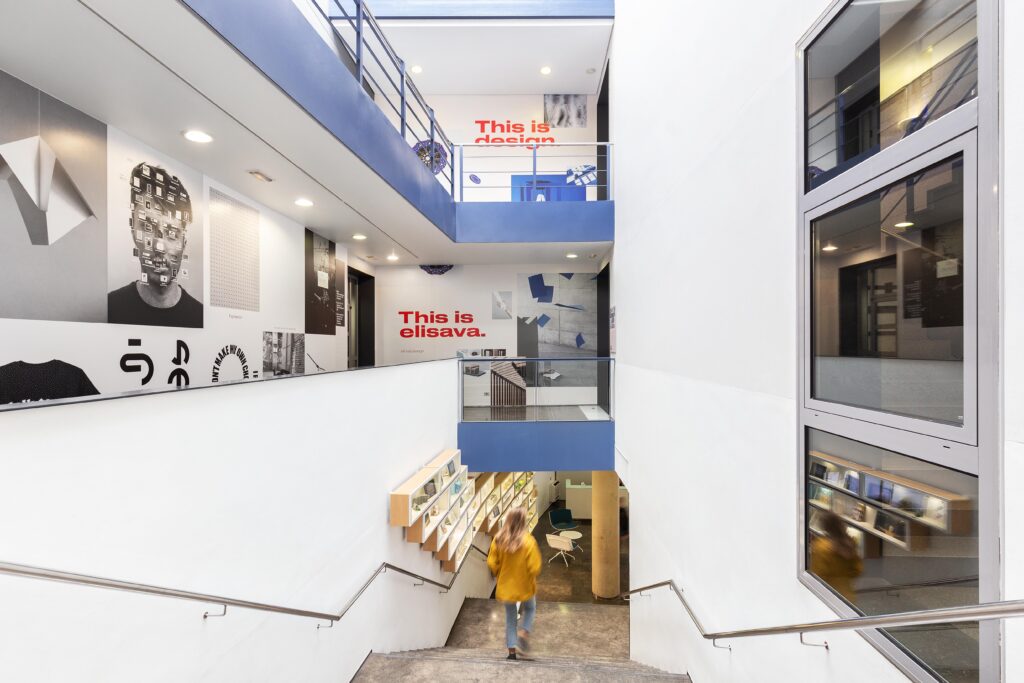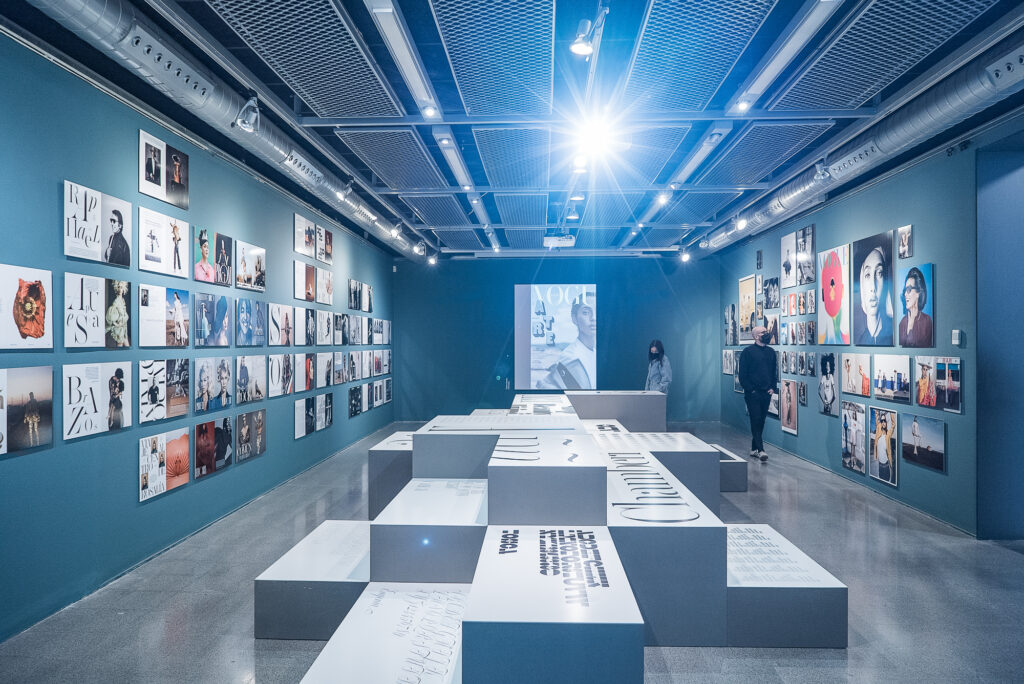Elisava, Barcelona School of Design and Engineering, UVic-UCC (legal name Fundació Privada Elisava Escola Universitària) awards official degrees in Graduate in Design (ISCED 6-214) & Graduate in Design Engineering (ISCED 6-521/543), as well as Academic and Professional Masters Programmes (ISCED-7) in the areas of Graphic Design, Product Design, Spatial Design, Strategy, Innovation and Management and in Interaction and Advanced Technologies. ELISAVA is a network of students, alumni, researchers, industry, organizations, and cultural design stakeholders (e.g., Cumulus, ELIA, Desis Network). It trains over 2.000 students per year and boasts 11.000 m2 of facilities, including 5 experimentation labs. Its expertise is articulated around a social, human, and cultural perspective of design and engineering.

Elisava was created in 1961 within the framework of the Institució Cultural del CIC Fundació Privada thanks to the coincidence of ideals and aspirations of a whole group of cultural promoters, architects and designers interested in developing the culture of design and its practice as a modern and necessary activity. At present, Elisava operates as a hub and connecting centre between research, academia, companies, and society.
Elisava has been associated to the Pompeu Fabra University from 1995 to 2020, and since 22nd September 2020 Elisava is a federated center to the Universitat de Vic-Universitat Central de Catalunya (Uvic).
Elisava Research, a transdisciplinary research group, investigates, ideates, prototypes, and communicates current and future design, societal, and business challenges. It generates and transfers knowledge through research projects, IPs, and patents, and it produces an international research journal–Temes de Disseny.

Our principles
Elisava University School is a private non-profit foundation represented, governed and administered by a Board of Trustees. We do not have any modern manifesto nor do we obey Commandments, but we have some principles, which are these:
- Teaching to think and create in freedom
- Providing high-quality academic training that meets current social and labour needs
- Bringing progress to society
- Promoting research, development and innovation
- Facilitating the use of new technologies
- Understanding intergenerational and multicultural
- Promoting the vocational integration of students
- Opening our doors to everybody, people and collectives whose participation enriches us
- Projecting the school internationally
- Contributing to the personal development of our students from diversity
